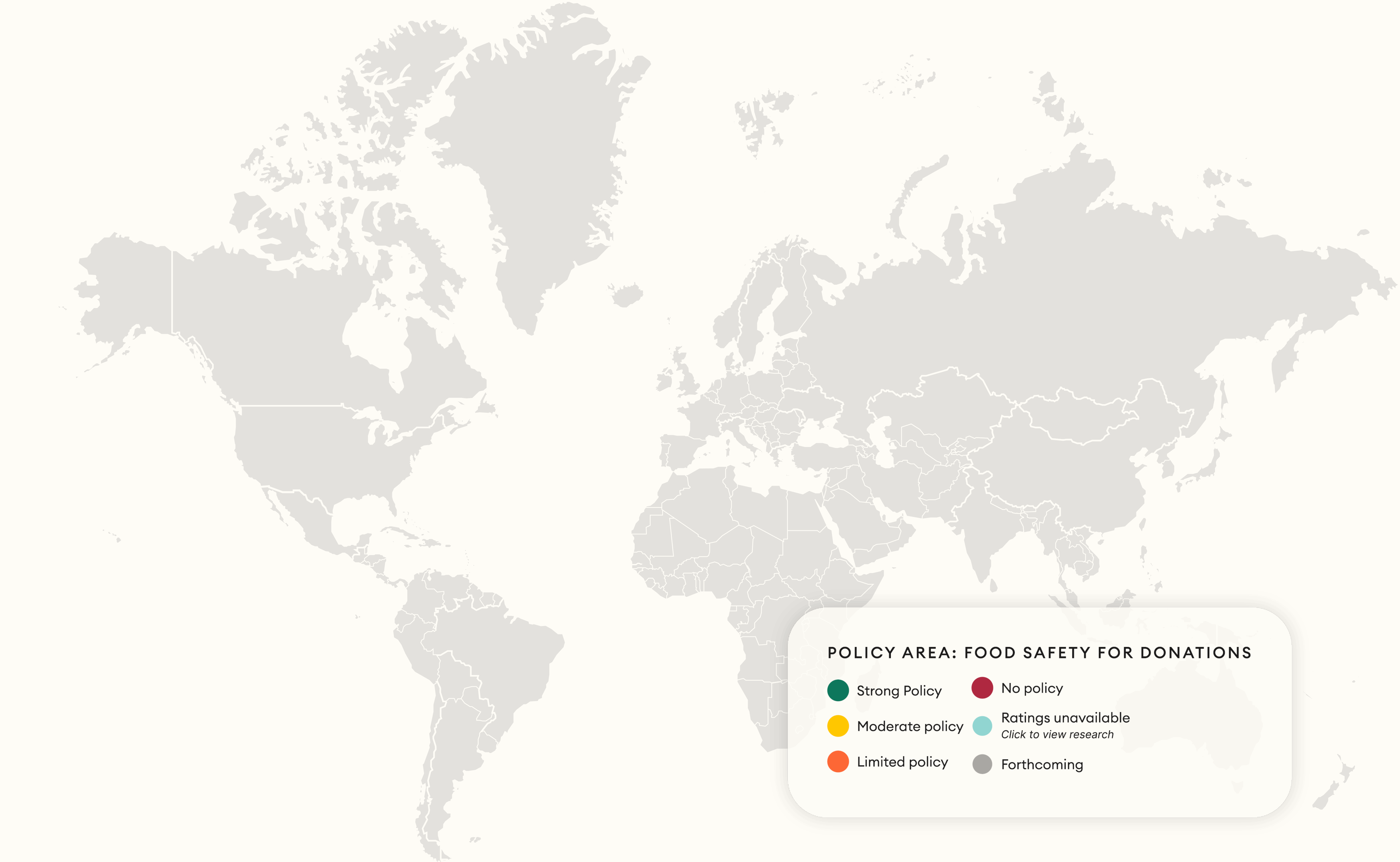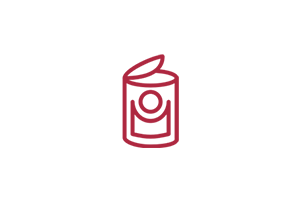Mexico: Policy Highlights and Opportunities
Mexico loses or wastes an estimated 20.4 million tons of food each year while at the same time, an estimated 25.5 million people are food insecure. While there is currently no comprehensive national law focused on food loss, waste, or recovery, several private-public partnerships supported by the federal government, as well as state laws and policies, have created a foundation for food donation efforts.
Atlas Research: Mexico
Policy Highlights
Mexico research was published in June 2020 and was made possible with the advice and support of our on-site partners, including Banco de Alimentos de México.
Policy Opportunities and Recommendations





